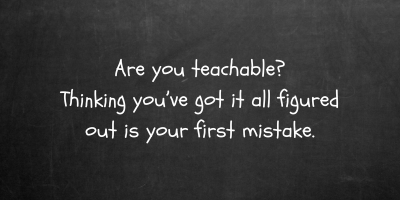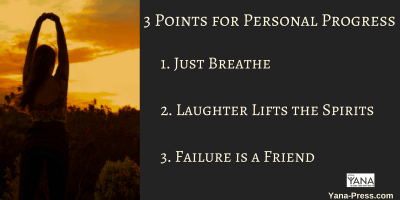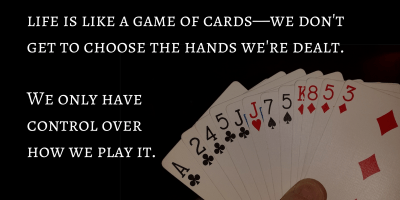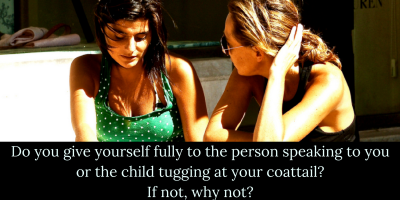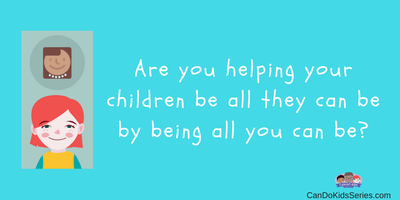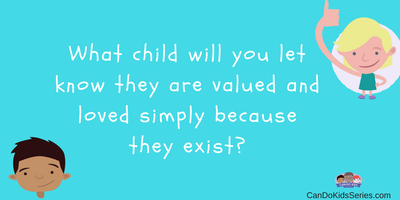Respond Accordingly
- By kaylajwmarnach
- •
- 29 Jun, 2017
- •

Whether it’s my co-worker, friend, husband, or child, I’ve allowed their tone or choice of words to dictate my response, when really, it’s what they’re saying that’s important. Yet, it is hard to hear the truth through the sarcasm, complaints, or whining.
I’ve decided to change my focus. I’m retraining my mind (ie. approach) to catch their message, not their attitude. It’s a struggle, but when not just hearing words, but “listening” with non-judgement, our relationships reach a deeper level and true communication takes place. All because I take the time to “hear” their words. To do that I will:
- Take a deep breath to help clear my mind. Realize I have control of my actions, not theirs.
- Relax my body, especially my hands and stomach
- Reply with, “What I’m hearing you say is ______. Is that right?”
- Be discerning with advice. Do they just want to vent or are they looking for a solution?
- Be kind. It is the most disarming thing you can do and totally within your power. It’s a choice.
Seeing beyond the behaviors displayed gives a better understanding of what’s being said. It’s not easy, but it is necessary. It’s not fun, but it is rewarding. What behaviors bother you most? Are you ready to “listen” to what’s being said? How will you do that? Share your struggles in the comments below. Your solution may be just what someone else needs.
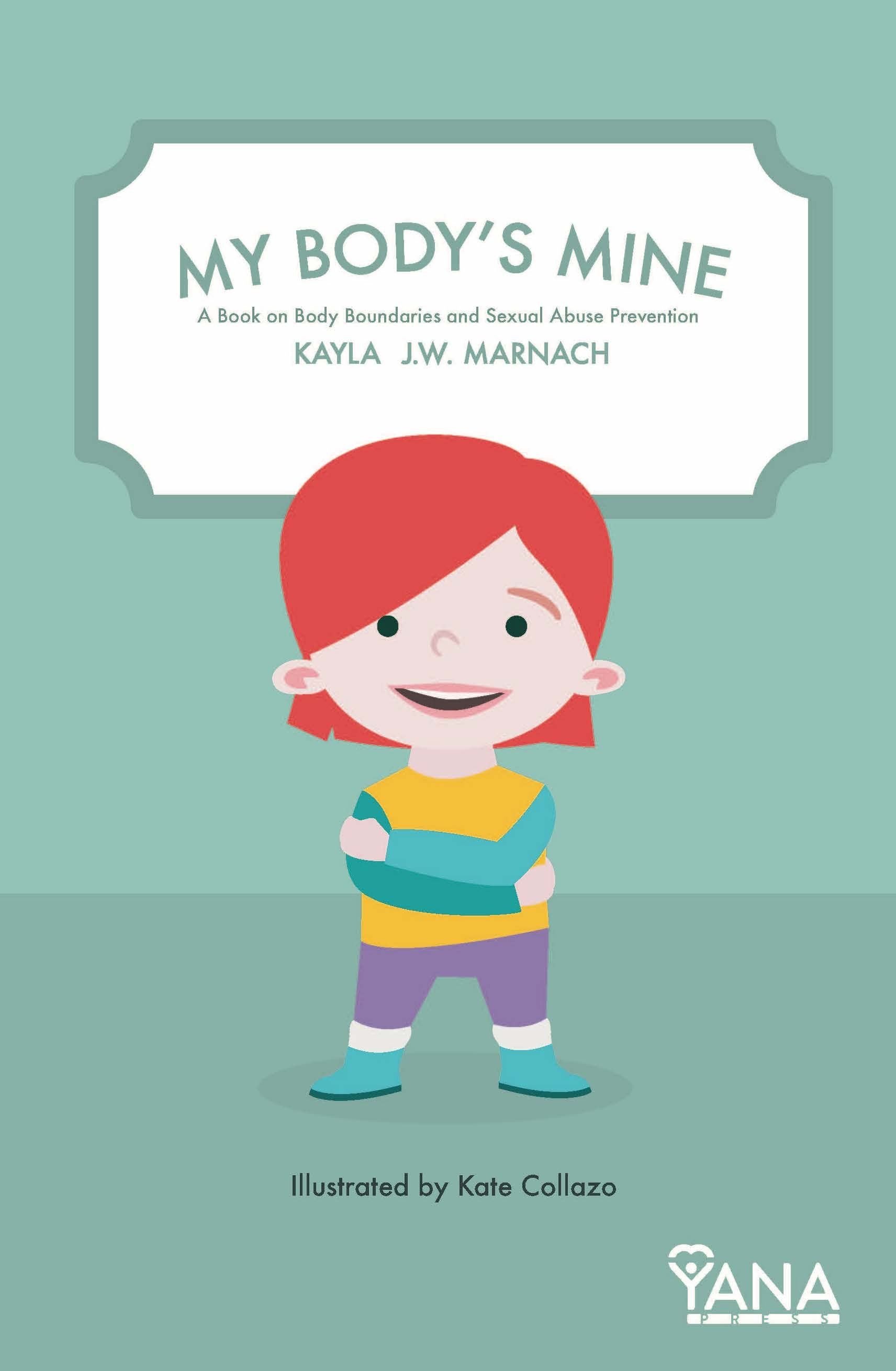
Because abuse has no boundaries, nothing is more important than protecting our children. As many as 93% of the victims under the age of 18 know the abuser. Because there is no “typical” abuser, it can happen to any child in any circumstance at any time. It happens to children of the elite and well-educated, as well as the latch-key kids of struggling parents. It can happen at daycare, a friend’s home, or even under our own roof. It occurs in the exclusive neighborhoods, as well as in middle-class areas, and poverty districts. If you think it doesn’t happen in your area, then you are leaving your child vulnerable to become the next victim.
Yet, even when we do what we believe is right, our child can still be abused either mentally, physically , or emotionally. Sometimes we fail, not because we didn’t try, but because we didn’t know any better, are uninformed, or choose to avoid the topic because it’s not easy to talk about. We don’t know how to make the discussion of body boundaries a part of our daily conversation or how to take advantage of teachable moments.
That naivety and avoidance must stop…today.
As parents and caregivers, it is our responsibility—one we must never shirk—to educate ourselves on how to communicate with our children about body boundaries and what to do if abuse is threatened or occurs. When abuse is discovered, we must not shut down in shame, fear, or anger. We can’t go back and undo the event, so we must learn and move forward with greater awareness and armed with tools to prevent reoccurrence. We must be willing to provide whatever our child requires to equip them to understand, accept, and learn they are not to blame for what happened.
Today is the day to make a difference in your child’s life or a child in your care. By your commitment to protect, educate, and empower each child, you are providing a priceless treasure.
Sign up and receive a free 5-Point Plan to talk to your child about body boundaries.
